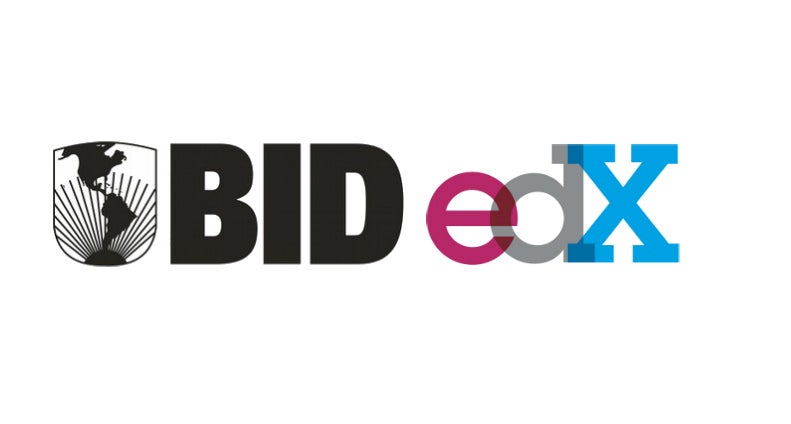You may have heard that we have signed an agreement with edX- the online education platform founded by Harvard and MIT- to make our online training programs accessible worldwide through “MOOCs” – Massive Open Online Courses. This agreement is a real revolution from the point of view of training and learning, and so I wanted to explain some ideas that summarize why we sought out this alliance.
Since INDES was founded in 1994, we have trained thousands of government officials from Latin America and the Caribbean and our courses have been rated highly by the participants. Year after year, we have increased the number of courses and participants, but we have yet to reach the goal of universal access to our courses, despite having added more than 100 online courses to our offerings of classroom training.
To give you an idea of the size of the challenge we face, the International Labor Organization estimates that across the region there are about 30 million civil servants, and we know that many do not have access to specialized training, for lack of financial resources in their respective administrations. For us, these public officials are a key piece in the quest for effective development and we are aware that the projects that they manage are increasingly complex link. Therefore, we need to do more, better and faster. A well-known dilemma.
In recent years there have been numerous specialized courses in formal academic programs and for highly technical target groups, and we noticed that there was a need for training among other target groups, such as project designers and program managers. Aware of this fact, since 2004 we began to explore new virtual formats to reach officials who could not access our face-to-face training programs. After experimenting with INDES’ own virtual platform and some open and free course offerings, we have become convinced that MOOCs are the best way to share the IDB’s experience massively with the region. MOOCs make training more accessible to government agencies with budget restrictions and allow us to reach the most sensitive parts of the chain of implementation of development projects.
With these ideas in mind , we began to look for a partner with experience in the MOOC universe, which is still new territory for public institutions like ours. We did not want to reinvent the wheel and edX seemed to be our best possible partner, given its methodological expertise and non-profit status.
Through the edX platform, the IDB will count on a space to give access to its entire range of virtual training. IDBx is the name of our edX platform and now you can find the first two courses offered: “Managing for Development Results in Subnational Governments ” and “Better Pensions, Better Jobs: Exploring pension coverage “, both with an emphasis on Latin America and the Caribbean. These courses will initially be offered in Spanish.
Our best specialists are preparing new courses and gradually we will make those available on our platform edX . We recommend that you follow us closely because IDBx is the future of online training in the BID.


Leave a Reply